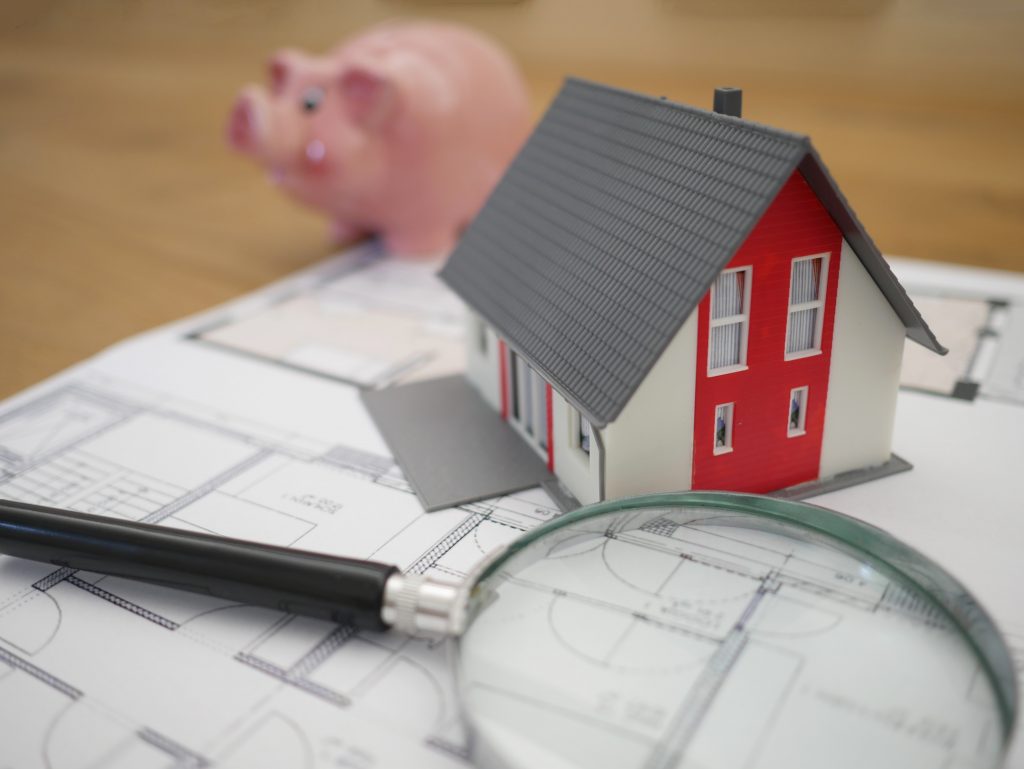86% of people in the UK want to own their home, but as house prices and inflation continue to rise at a faster rate than wages, it can seem like a distant dream for many. However, there are still lots of good reasons to start preparing to own a property. It’s important to think about the pros and cons of buying vs renting and, when you’re ready, make sure you’re financially on track to get onto the property ladder. In this blog, we’ll run through some of the key considerations to help you make this important decision.
Table of contents
Pros of buying
Financial Investment
Buying a property is a financial investment for yourself. Your monthly payments contribute towards your mortgage, and at the end of the mortgage’s term, which tends to be 25 years or more, you will own the property. You can also extend and improve your home which may increase its value, so if you eventually sell it, you can make a significant profit. However, remember that you still need to live somewhere! You will only generate a profit if you buy a cheaper property or move to renting (which in itself might cost you more in the longer run as then you will need to start paying rent).
Security
If you own your property then you can’t be forced to move out by a landlord. It also gives you more control over your home so you won’t be hit by unexpected costs, fines or increased rent prices from your landlord.
Freedom
If you buy a property, then it is yours! You do not have to abide by a landlord’s rules, you can decorate, have pets and treat the property as you like.
Pros of renting
Less maintenance
When renting, the maintenance of the building is your landlord’s responsibility, and this can make renting less stressful as it is usually not your financial responsibility to cover these costs.
Flexibility
Renting is very flexible, with many contracts being around 12months. This allows you to move between areas and properties regularly and at short-notice without being tied into long financial commitments. You also know your set monthly payments which can be helpful for your budgeting.
Affordability
In some cases renting can be a lot more affordable than trying to buy a property. It can allow you to live in locations that may be unaffordable for you to buy in. Buying property also requires a large deposit. In the UK a deposit is typically around 15% of the house price. If you’re not able to save up this large chunk of money, renting might be better for you.
Which costs more?
In the long-run, buying a property can often end up being less costly, however it requires a large sum of money up front which can be unaffordable to many. The average rent paid in the UK was £1,069 pcm in February 2022 with the average mortgage being around £750 pcm. These averages are expected to increase due to recent inflation and vary a lot dependent on location, but they show that once you can meet the salary and deposit requirements for buying, you might actually be paying out less. However, there are additional costs for buying, such as Stamp Duty, moving costs, solicitors fees and general repairs and maintenance of the property. You need to make sure you take these into account when preparing to buy.
What’s the best option for you?
The answer will be different for everyone, and both have positives. Renting can be more affordable in the short term and allows you to have flexibility and less financial responsibility. Meanwhile, owning a property can be a great investment for your future and can end up being cheaper in terms of monthly repayments. It is important to weigh up the pros and cons and decide which is the best option for you!
If you’re ready to get started with buying a property, Maji can help you explore your monthly expenditure through open banking, set your savings goals, get step-by-step digital coaching to reach your targets, and connect with experts, including mortgage advisors.
Photo by Tierra Mallorca on Unsplash
